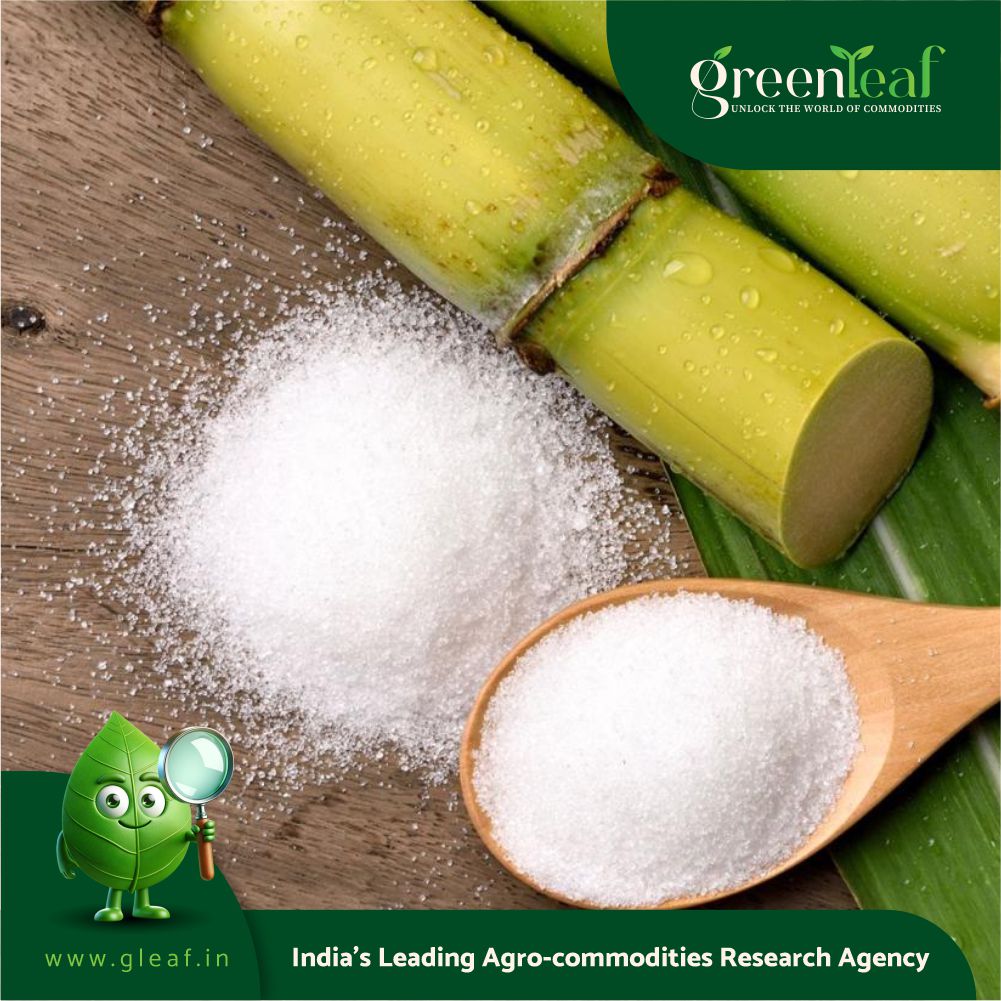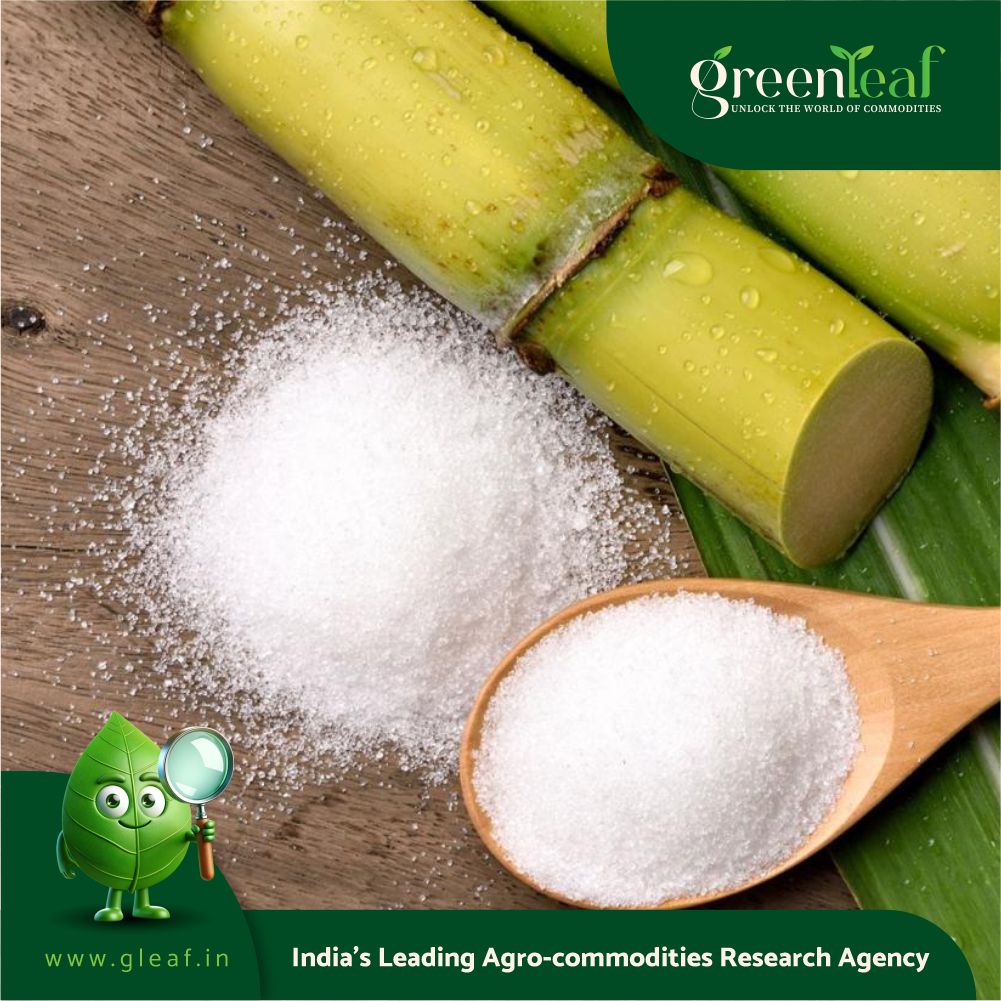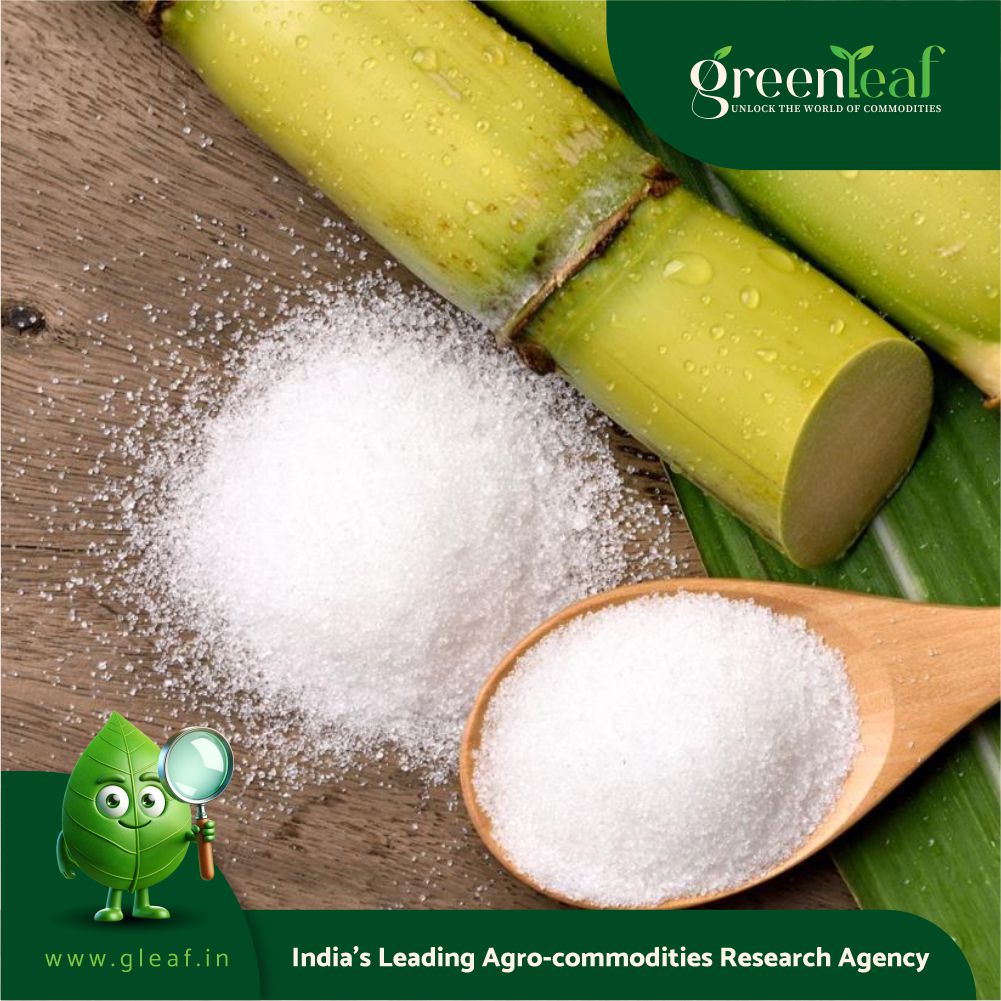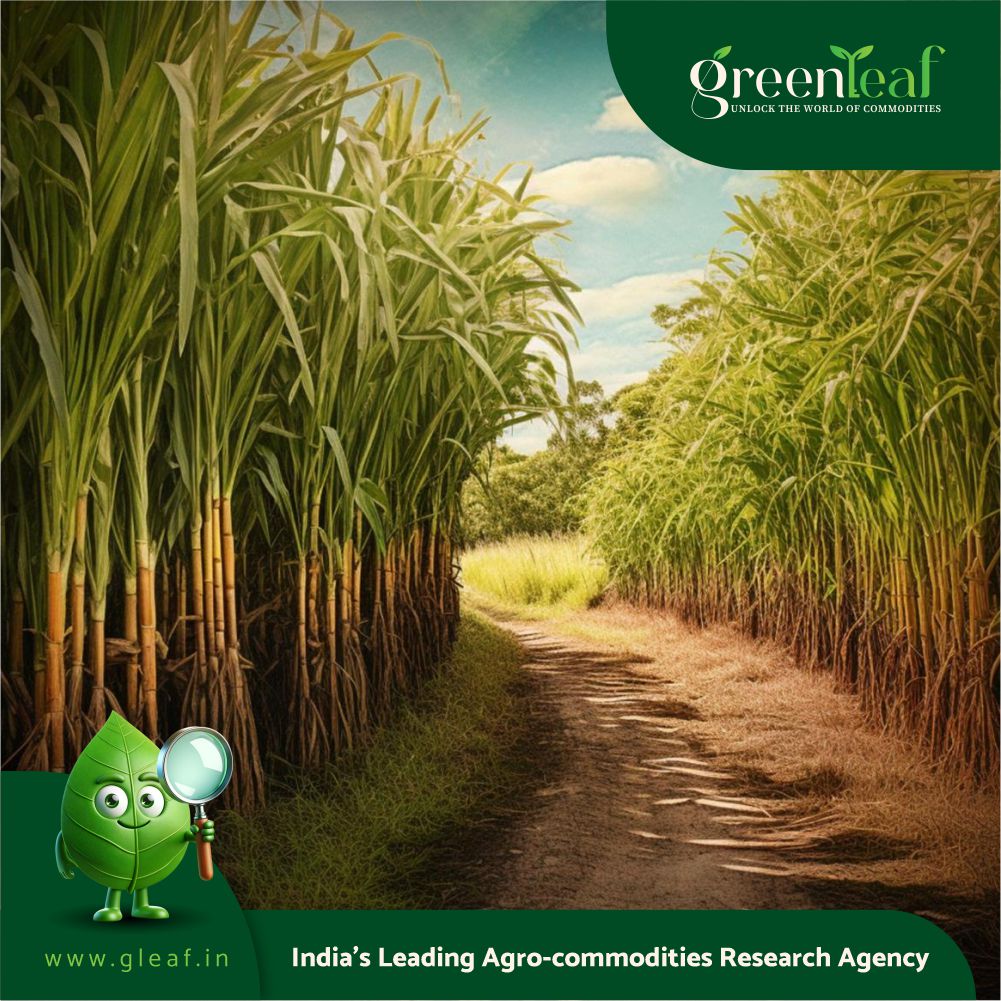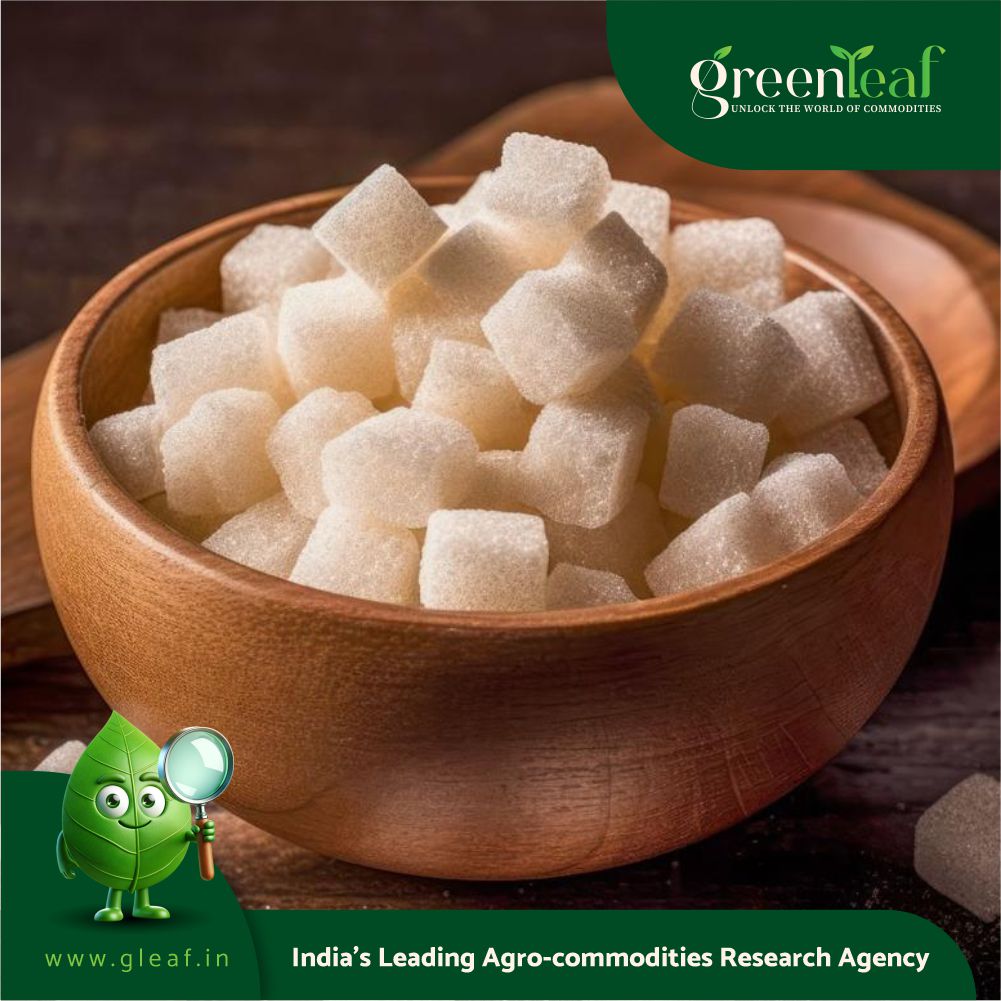New Delhi, Sep 30 (PTI) Indian Beverage Association on Monday called for rationalisation of GST structure on non-alcoholic beverages and levy taxes based on sugar content, saying with favourable policy the sector has the potential to grow to a size of Rs 1.5 lakh crore by 2030.
Speaking at the release of a report by ICRIER on tax policy on carbonated beverages in India, Indian Beverage Association Secretary General J P Meena said non-alcoholic beverages are a key part of India's food processing sector and can play a very important role in making the country a global hub of manufacturing.
He also said there is a need for bottled water to be taxed at 5 per cent GST across bottle sizes instead of different slabs of 12 per cent for 20 liter bottles and above and 18 per cent for less than 20 liter bottles in order to attract more private participation in supply of portable water in the country.
"This (non-alcoholic beverage) sector as on date is estimated to be around Rs 60,000 crore and provided there is a supportive policy environment, is estimated to reach around Rs 1.5 lakh crore by the year 2030," Meena told reporters on the sidelines of the report release.
He further said the sector currently faces "impediments" in the form of "the tax regime which we have today".
"I do feel that the tax treatment has been given very unfairly to the sector and if that is rationalised, then I do see a very bright future for India being made a beverage processing hub in the very near future," he added.
Meena said when the GST regime was introduced, non-alcoholic beverages were classified as "demerit goods or sin products" and clubbed with products like tobacco and alcohol and most of these products were taxed at "the highest level of the GST, 28 per cent plus 12 per cent cess".
He said the non-alcoholic beverages must be taxed on the basis of their sugar content with those having the highest sugar level attracting the highest GST and least for products with minimum sugar.
The ICRIER report said globally, there is consensus among policymakers on the need to have a sugar-based/layered tax on CSDs (carbonated soft drinks).
Indian consumers are becoming more health conscious and are ready to explore new products like low/no sugar carbonated beverages and fruit-based carbonated beverages.
"Hence, there are opportunities for the country to increase the manufacture of different varieties of CSDs, including low-sugar varieties, which can increase the revenue of the sector, investment in manufacturing and create jobs. Thus, a layered-tax model based on added sugar content in CSDs can promote growth," the report said.
Stating that there is an urgent need to have a layered tax on CSDs based on sugar content, the ICRIER report said, "such a layered tax structure is needed to separate healthier products from the less healthy products, to promote the production and sale of healthier alternatives and to enable and encourage consumers to opt for low and no sugar beverages."
A lower tax on healthy products may lower prices and, therefore, increase consumption besides providing incentives to producers to shift production to healthier options, it added.












